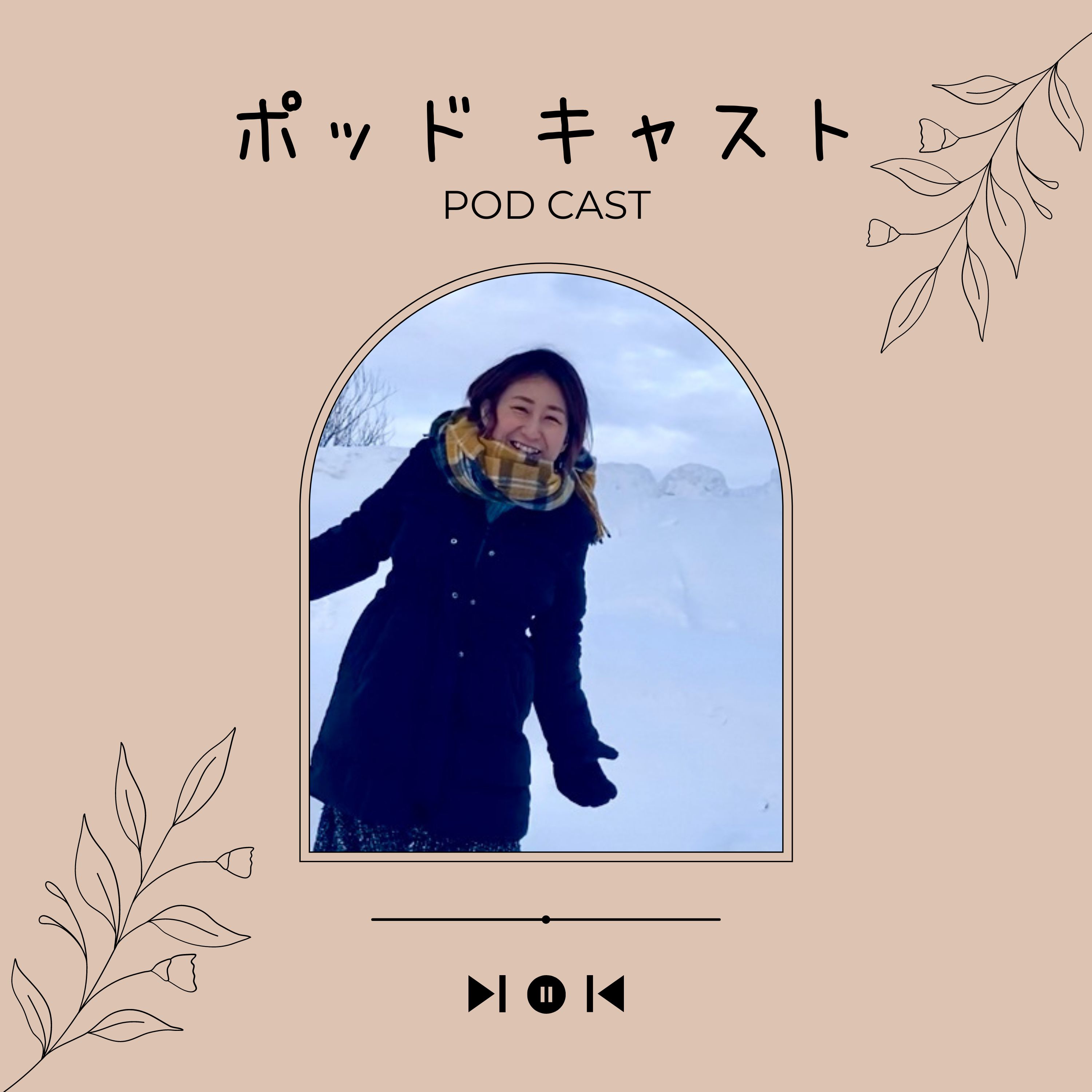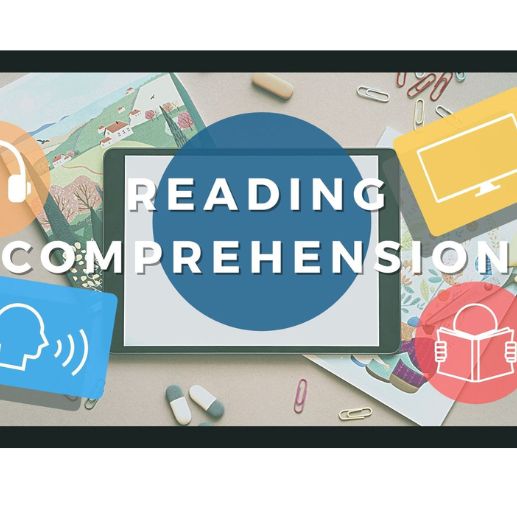
Difference between "不行" (bù xíng) and "不可以" (bù kě yǐ)
説明
"不行" (bù xíng) is a more casual and colloquial expression, and it is often used to indicate that something is not feasible or practical. It can be translated as "can't" or "won't work."
"不可以" (bù kě yǐ) is a more formal and polite expression, and it is often used to indicate that something is not allowed according to rules or regulations. It can be translated as "cannot" or "not allowed."
Here are some examples that illustrate the difference between "不行" (bù xíng) and "不可以" (bù kě yǐ):
Example 1:
A: 你能给我五块钱吗? (nǐ néng gěi wǒ wǔ kuài qián ma?) (Can you give me five dollars?)
B: 不行,我没有五块钱。 (bù xíng, wǒ méi yǒu wǔ kuài qián) (No, I don't have five dollars.)
B: 不可以,这是违反公司规定的。 (bù kě yǐ, zhè shì wéi fǎn gōng sī guī dìng de) (No, it is against company rules.)
In the first example, "不行" (bù xíng) is used to indicate that the person does not have the requested amount of money. In the second example, "不可以" (bù kě yǐ) is used to indicate that giving the money is against company rules.
"不行" (bù xíng) might be more appropriate if the person simply does not have the requested amount of money, while "不可以" (bù kě yǐ) might be more appropriate if there is a rule or regulation that prevents the person from giving the money.
Example 2:
A: 你能把这个盒子放在桌子上吗? (nǐ néng bǎ zhè gè hé zǐ fàng zài zhuō zi shàng ma?) (Can you put this box on the table?)
B: 不行,它太大了。 (bù xíng, tā tài dà le) (No, it is too big.)
B: 不可以,桌子上没有足够的空间。 (bù kě yǐ, zhuō zi shàng méi yǒu zú gòu de kōng jiān) (No, there is not enough space on the table.)
In the first example, "不行" (bù xíng) is used to indicate that the box is too large to fit on the table. In the second example, "不可以" (bù kě yǐ) is used to indicate that there is not enough space on the table.
"不行" (bù xíng) might be more appropriate if the box is too large to fit on the table, while "不可以" (bù kě yǐ) might be more appropriate if there is not enough space on the table.
ポッドキャストチャンネル
Difference between A and B in Chinese with Shanmei
製作者
全エピソード

ADEL ALBANNA: A PROFISSIONAL ARABIC TEACHER

Clase 5. Frases simples con la hora 1.

Clase 4. Frases simples 2.

TASK 44 - CLIMATE CHANGE

Serendipia.

EL PSIQUIATRA MEXICANO.

〈#18〉3月17日木曜日 地震が起きました

Easy Ways to Study More Effectively
人気のエピソード

ADEL ALBANNA: A PROFISSIONAL ARABIC TEACHER
ADEL ALBANNA: A PROFISSIONAL ARABIC TEACHER

A1.1. Español básico para principantes.
Clase 5. Frases simples con la hora 1.

A1.1. Español básico para principantes.
Clase 4. Frases simples 2.

English with Angela - conversation
TASK 44 - CLIMATE CHANGE

CHISTES MEXICANOS
Serendipia.

CHISTES MEXICANOS
EL PSIQUIATRA MEXICANO.

北海道Hokkaido生活 for Japanese learners
〈#18〉3月17日木曜日 地震が起きました

Practice Listening, Reading & Comprehension
Easy Ways to Study More Effectively